PROJECT
Garbage collection trucks double as information collection vehicles!
Wide-area dense-city sensing testbeds
Garbage collection trucks double as information collection vehicles!
Wide-area dense-city sensing testbeds
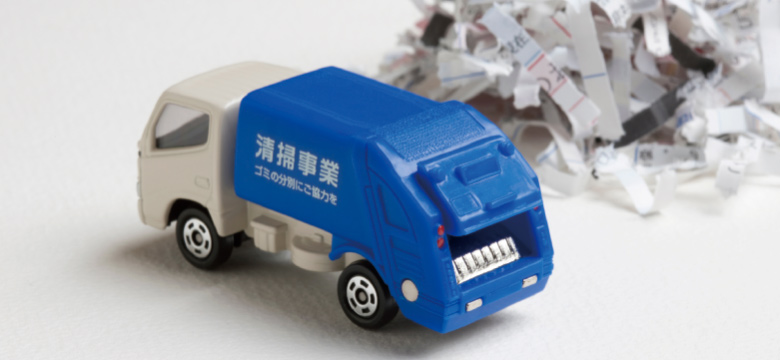
Garbage collection trucks drive across a city along the same route each week; every municipality provides this service. By mounting sensors to garbage collection trucks, it is possible to build a city sensing network that is simple to setup, economical, and covers a wide area over long periods of time. TMI has developed such a network by mounting sensors to 25 garbage collection trucks operated in Nisshin City. This network measures basic data (such as date, time, latitude, longitude, altitude, speed, and GPS information) and environmental data (such as temperature, humidity, barometric pressure, luminance, UV, noise, discomfort index, and heat index).
For example, the location information can be used in an app service to notify residents of the locations of garbage trucks. Other data such as frequency, type, and amount of garbage put out by residents for collection as well as the condition of infrastructure of the city can be utilized in sustainable city planning. Furthermore, TMI is working on materialization of collected data in visible and tangible form. *1 By materializing in the physical environment, a more interactive information display can be realized and easily implemented in services and policy reviews. In other countries, citizens participate in policy discussion workshops using materialized data. *2
TMI is building testbeds in collaboration with a variety of local municipalities and private corporations. In the case of Nisshin City, the entire city is the testbed. Numerous issues are hidden in urban and local areas. TMI testbeds can identify them by generating data. Data generation visualization issue discovery. This process involves diverse experts and staff to find innovative solutions. Testbeds involve a wide range of fields such as engineering, informatics, economics, environmental studies, and law. Consequently, they require highly transdisciplinary initiatives. It is important not only to discover existing problems but also to predict challenges that may arise in 10 or 20 years. We want students to delve into initiatives to find new problems utilizing their own specialization. We wish to tackle obstacles uniquely discoverable by testbeds along with experts in local municipalities and private corporations.
(Interviewed in January 2022)
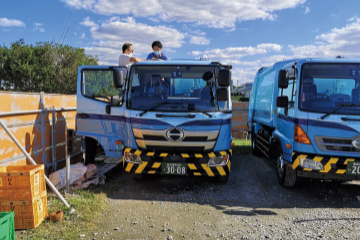
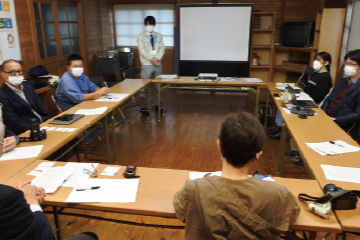
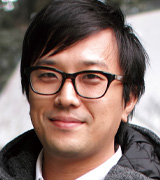
Associate Professor, Graduate School of Engineering, Nagoya University, is originally from Ehime prefecture, received a Ph.D. from Keio University (The Media and Governance); served as a visiting researcher at Carnegie Mellon University in 2012 and a specially appointed lecturer and associate professor in the Media and Governance at Keio University; and is interested in the intersection of system networks and human-computer interactions.
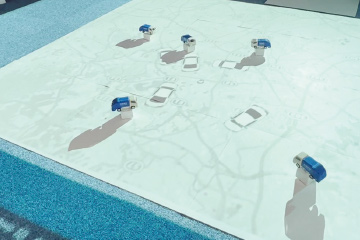
*1 Tangible User Interface
The term “tangible” means a real existence perceptible by touch. Since the announcement of “Tangible Bits” by MIT professor Hiroshi Yoshii in 1997, more materialistic touchable user interfaces of shapeless information have been widely researched.
*2 EBPM
Evidence-Based Policy Making. It is a policy-making strategy based on evidence.